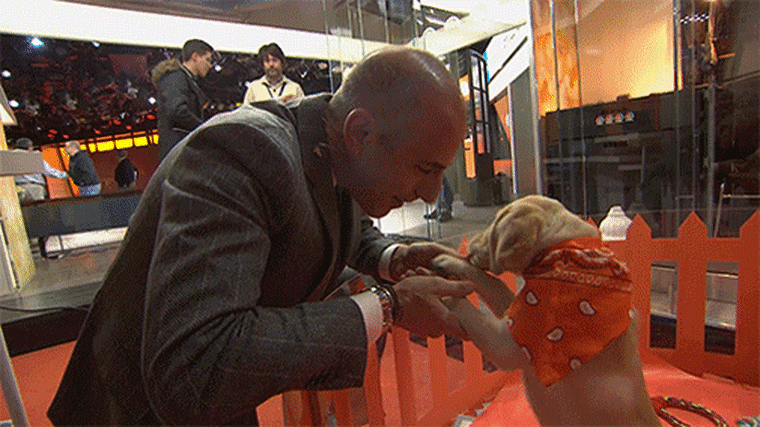When we touch someone we care for their skin often feels so much softer than our own.
But that extra softness is an illusion. It’s our brains rewarding us for touching other people and forming social bonds, a new study says.

Researchers have long known that being caressed has positive health benefits. Premature babies touched by their mothers, for example, grow healthier thanks to a mother’s tender pats.
But what about for those who DO the touching? Previous research has found that softness and smoothness activate the reward center in the brain, but researchers at University College London set out to learn more.
“We wanted to know whether there were any benefits for the touch provider,” Aikaterini Fotopoulou, a reader in psychodynamic neuroscience at University College London and director of the Neuropsychoanalysis Fund, tells TODAY.com via email.
The researchers suspected that “touching other people may be rewarding in some sense.”
The researchers examined affective touch — touch that shares and elicits emotions — by looking at pairs of people in six experiments. They asked the pairs to take turns being touch givers and touch receivers. Touch givers touched the arms and forearms of the receivers at different speeds. Then they touched their own arms in the same way and rated the sensation of the touches. When givers touched the receiver’s skin in a slow, gentle pace, the givers perceived the receivers skin as softer than their own.

“What was surprising was the specificity of the illusion: it appears only when one intends to touch the other in a gentle, slow pace, and at hairy skin,” says Fotopoulou. “When we expect to generate tactile pleasure in another person, we feel it ourselves irrespective of whether the skin is softer or not in reality.”
This phenomenon, called the social softness illusion, actives when people caress someone else’s skin gently, slowly, and actively — the type of touch shared by intimate partners. The touch giver’s brain rewards them for touching another person by making it feel pleasurable to the giver. This increases the desire to touch another person and bolsters the relationship.
“[The study] provides the first systematic evidences of our sensory pleasure in touching others and perhaps motivation to do so,” says Fotopoulou.
And it helps experts understand how touch contributes to relationships and social bonds.
“Evolution seems to want us to keep touching each other in affective, pro-social ways,” she says.